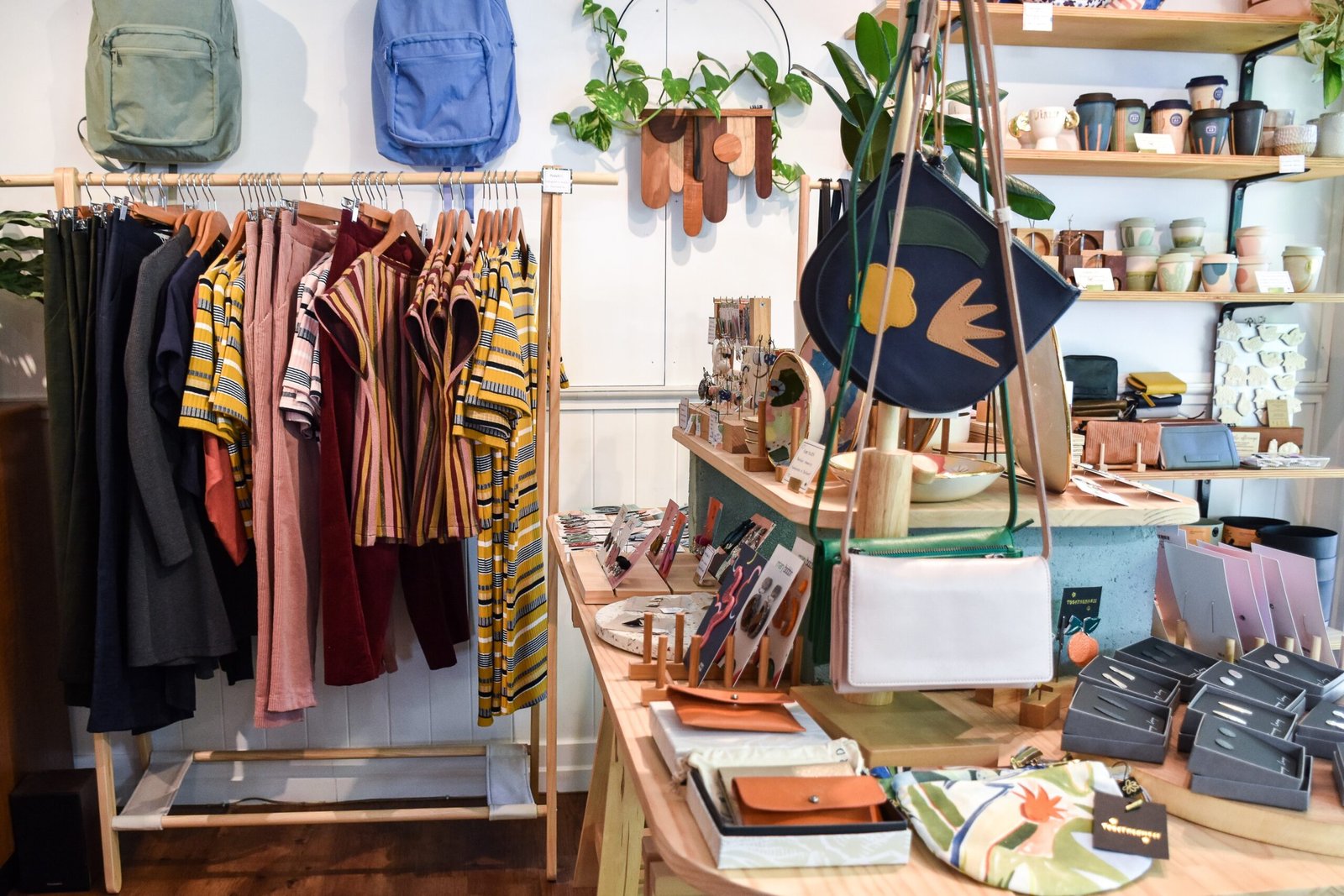Have you ever stopped to think about where your clothes come from? In the fast-paced world of fashion, it’s easy to get caught up in the latest trends and overlook the impact our choices have on the environment and the people who make our clothes. But there is a growing movement towards ethical fashion, where sustainability and social responsibility take center stage.
Ethical fashion can be defined as clothing that is made with respect for the planet and the people involved in the production process. This means considering factors such as fair wages, safe working conditions, and the use of environmentally friendly materials. By choosing ethical fashion, we can make a positive impact on the world while still looking stylish.
Why Choose Ethical Fashion?
There are many reasons why more and more people are embracing ethical fashion. For starters, it allows us to vote with our wallets and support brands that align with our values. By choosing to buy from companies that prioritize sustainability and fair trade, we can help drive the demand for ethically produced clothing.
Another reason to choose ethical fashion is the impact it has on the environment. The fashion industry is one of the largest polluters in the world, with harmful chemicals and excessive waste being generated at every stage of the production process. By opting for sustainable materials and production methods, we can help reduce this pollution and minimize our carbon footprint.
How to Make Sustainable Choices
Now that we understand the importance of ethical fashion, let’s explore some practical ways to make sustainable choices:
- Buy Less, Choose Well: One of the most important principles of ethical fashion is to buy less and choose well. Instead of constantly buying new clothes, invest in high-quality pieces that will last for years. This not only reduces waste but also saves you money in the long run.
- Research Brands: Before making a purchase, take the time to research the brand’s values and practices. Look for certifications such as Fair Trade or GOTS (Global Organic Textile Standard) to ensure that the company meets ethical standards.
- Support Local and Independent Designers: By supporting local and independent designers, you can contribute to a more sustainable fashion industry. These designers often prioritize ethical production and use locally sourced materials.
- Choose Sustainable Materials: Opt for clothing made from sustainable materials such as organic cotton, hemp, or recycled fabrics. These materials are less harmful to the environment and often have a smaller carbon footprint.
- Take Care of Your Clothes: Extend the life of your clothes by taking proper care of them. Follow the care instructions on the label, mend any small tears or loose buttons, and consider donating or upcycling items you no longer wear.
The Future of Ethical Fashion
As consumers become more conscious of the impact of their choices, the demand for ethical fashion continues to grow. This has led to an increase in the number of sustainable fashion brands and initiatives aimed at transforming the industry. From upcycling to zero-waste production, there are exciting developments happening in the world of ethical fashion.
Ultimately, the power to make a difference lies in our hands. By making sustainable choices and supporting ethical fashion, we can contribute to a more sustainable and socially responsible future. So next time you go shopping, think beyond the latest trends and consider the impact of your choices on the world.
